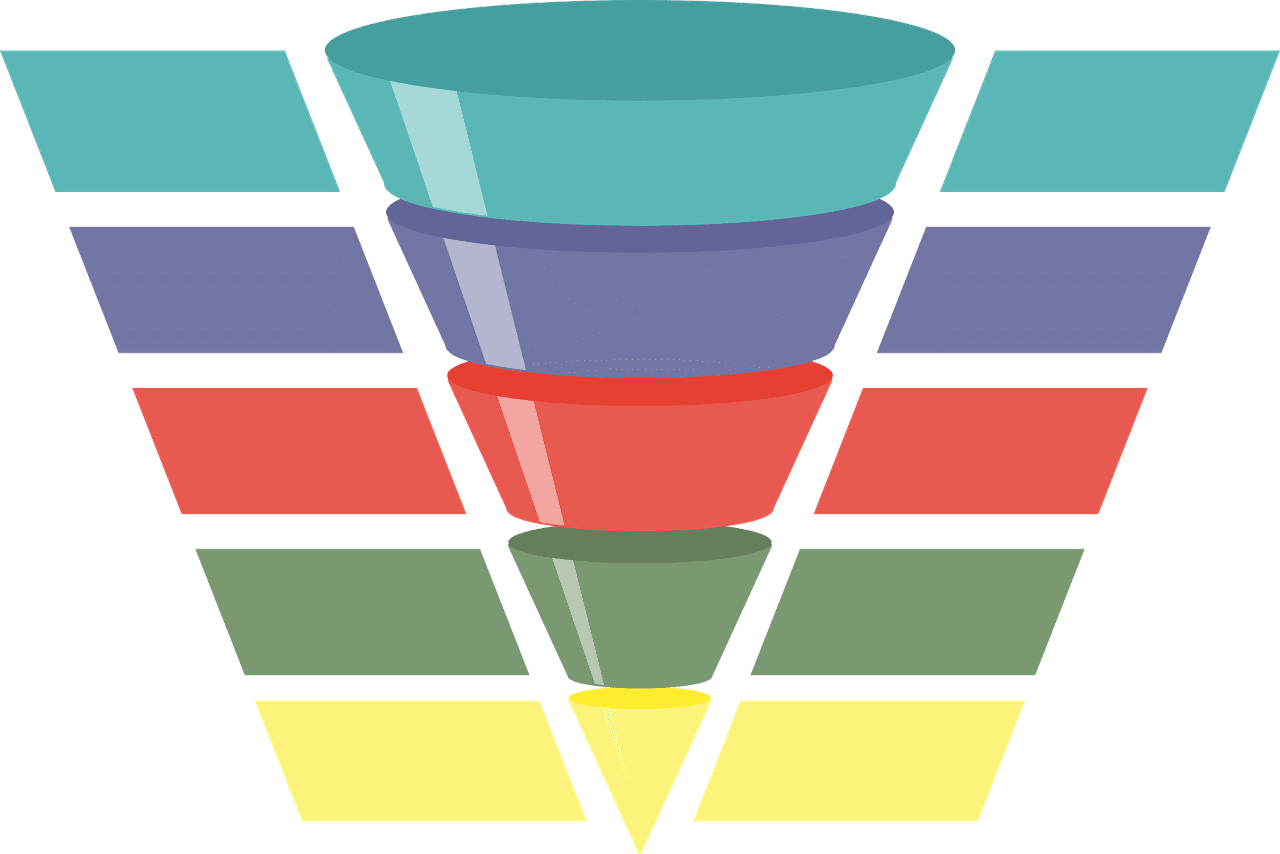
Bring your family closer together, act like a team.
PREVIOUSLY PUBLISHED ON NEWS BREAK
As early as Kindergarten, we are taught that families vary in size, shape, and dynamic. As society evolves, this is becoming even more of a reality. What was once thought to be the traditional family, almost no longer exists. For some, family gatherings are becoming a thing of the past. Screens are replacing intimate moments with our loved ones, and we can’t even spare a few moments to call for a chat.
Families aren’t always shared by blood. In fact, most people today will find that they are closer to non-relatives than strangers they have known their whole lives. Your best friend becomes your sister, your neighbor your cousin — and, there’s nothing wrong with that.
Families are the core of our existence, and while none of them are perfect, we should cherish what we have. Not everyone has a family. Not every family has our backs. Whether big or small, near or far, if you do have a family, you should realize just how lucky you are, and you should allow that blessing to drive you.
Don’t make the mistake of taking your loved ones for granted. Don’t let misunderstandings cut the tithes that were so hard once to break. Bring your family closer together, act like a team. Let loss be your motivation, let your wins be your glory. Find a stronger bond and become unstoppable — together.
Varying personalities, a greater dynamic.
The most amazing thing about having a family is that while everyone shares similar traits, we are all slightly different. We might have been taught the same lessons and grew up with similar experiences, but we all perceive things much differently, based on our own outlook on life and where our personal experiences have taken us.
While we may share similar passions and be ambitious about the same things, what motivates us may be completely different. When dealing with stress, we may react a bit differently than the person sitting next to us. We like different foods, we like different people.
Understanding the various personalities of our clan helps us to understand why certain things happen the way they do for our families:
- Why is so-and-so always in their room?
- Why do they prefer to be on the computer, as opposed to the couch, while we watch movies together?
- How is Joe so successful, while his brother is in and out of jail?
- Why did Sue become a secretary in a household of lawyers?
Understanding the various personalities allows us to interact with one another on a more intimate level. While we may take Aunt June to a late night at Bingo, we also understand why our dad prefers to go fishing — even if he’s throwing back half of what he catches.
Understanding who they are means learning how to communicate with them in the language that motivates them. It also keeps us from offending them and from the miscommunication that pulls us apart. It allows us to bond and grow closer together, being each other’s fortress in the dark.
A clash of personalities and the benefit of patience.
Understanding our differences can help us to heal from past experiences. We start to understand the mind of the person that did us wrong and can begin to forgive them for hurting us in the way that we did. Learning who someone is at their core, also allows us to see their best of intentions. We are less likely to be offended when they would rather hang out with their 40th girlfriend this month or decide to ditch us for a ComicCon event.
Understanding our difference can help teach us to have patience. Not everything is always as it seems and taking a step back will allow us to see more clearly going forward. We learn to bite our tongues at the right time and learn who to stick up for the time being. We learn how to make peace and avoid conflict, apply justice without breaking hearts.
By accepting our differences, we can better appreciate our similarities. We can more easily share our experiences while knowing that what worked for us may work better in a different way for someone else. We can be better mentors, parents, uncles, and sisters. We will know who to go to for the right advice and who to avoid.
Fuel strengths, nurture weaknesses.
By understanding the personalities of each person in your family, you soon learn that they may share similar strengths and similar weaknesses. In this type of situation, you work together to strengthen your team and work even harder to challenge those weaknesses. But in the case where we are dealing with different personality types, strengths can be fueled and weaknesses can be nurtured.
Let’s say that our cousin isn’t so good at baking pies, but he is amazing at bar-be-queing anything you put in front of him. We are, of course, going to ask him to handle grill duties during the next family gathering, and if he brings a pie — we already know to avoid it at all costs so that our appetites won’t be lost for something more delicious.
The problem here is that our cousin isn’t stupid. He has heard our praises, but his confidence has been lowered because we joke about his baking. Likewise, while his grilling is impeccable, he’s not delivering at his highest quality, because his confidence has been weakened. Meantime, here comes Aunt Betty, who seems to always repair his ego. She lets him know that he’s the “best dag-on griller from here to Mississippi.” Five minutes later, he’s back to chefing it up and leaving us fighting for the scraps.
Let’s say Aunt Betty is an A-plus baker, and her cookies are to die for. All it would take is for Aunt Betty to convince our cousin to join her in the kitchen. She could use his strengths on the grill to nurture his weaknesses. She can draw a correlation between what he’s doing on the charcoal to what he’s putting into the bowl. Our cousin may never be another Aunt Betty, but eventually, he will become a darn good baker himself. All it took was a little bit of love and a whole lot of understanding.
If we take this same analogy and apply it to personality traits, we can grab hold of somebody’s strengths and begin to extinguish their weaknesses. Because we are all family, we have the advantage of getting away with a lot more. We can be blunt, harsh, and forgiven in a few moments, especially when it’s understood to be done out of love.
By helping our family members to discover each other’s weaknesses, we can help each other grow in ways we never thought we could. We can help each other fight depression, develop strategies for anger management, and even grow a backbone. We can use our own strengths to pull each other out from the trenches and shine brighter than ever before.
Acting out of character.
When we understand each other’s personalities, it’s easier to know when someone is acting out of character. We can better sense when our loved one is at their lowest point and when stress has overcome them. We will know when someone is putting on a front like everything is alright when apparently it isn’t. We will know when someone needs a bit more attention or needs to be coaxed into talking. We will know when they are trying desperately to gain our approval and when they need someone to be their shield.
Even if our perception is off, our support is always on point. Our loved ones won’t always want to talk about what’s bothering them or that something is even bothering them at all. It’s up to us to take initiative, whether we have all the facts or not — whether they will disclose anything to us or not.
Suicide is running rampant in our communities and is at its all-time high for deaths in the US. Most of the time, family members and close friends report having been oblivious to the fact that anything was even wrong. Mental illness is a reality. It can cause us to act out of character and to do some pretty wild things, whether to ourselves or to others. Some of us are just flat-out self-destructive when our back is against the wall, depression hits us below the belt and we think no one is there to hold our hand.
We don’t want to burden anyone. We don’t want to be seen as weak. We don’t know how to express ourselves clearly without being seen as simply “crying for attention.”
Remember, your team is only as strong as its weakest link. Every loss the family endures, the whole family feels.
Family activities.
As a society, we have gotten to the point that our attention spans have been incredibly shortened. There is so much to do, such little time and so many places to do it in. The adults in our families are spoiled. The children — not so much.
When we were kids, we could go to the bowling alley, the skating rink, play in the balls at McDonald’s, go to the park with our friends. Most cities today are lacking family entertainment centers or even places for children to congregate to engage in wholesome activities without spending an arm and a leg to be there. The cost of living is increasing, and children get together less often due to parental lack of trust.
Taking this into consideration, it’s no wonder that our families are falling apart and screens are taking over our dinner table. Depression in our youth has hit its all-time high, and adults expect them to just be appreciative. Most of the time, we haven’t invested enough time into our children to garner appreciation and certainly not enough respect. How can they learn to entertain themselves if we haven’t been there to teach them?
As parents, grandparents, aunts, and uncles, it is up to us to engage not just the children, but also one another, in regular activities that allow us to share each other’s passions. We can introduce each other to new things or at least learn why our family seems to gravitate towards others.
By embracing the passions of one another and what seems to motivate them, we can find common activities that we can all enjoy together, laugh, and play without the world on our shoulders. We can be each other’s peace. We can be each other’s crutch. Our bonds will be strengthened, and it will be easier to open up.



